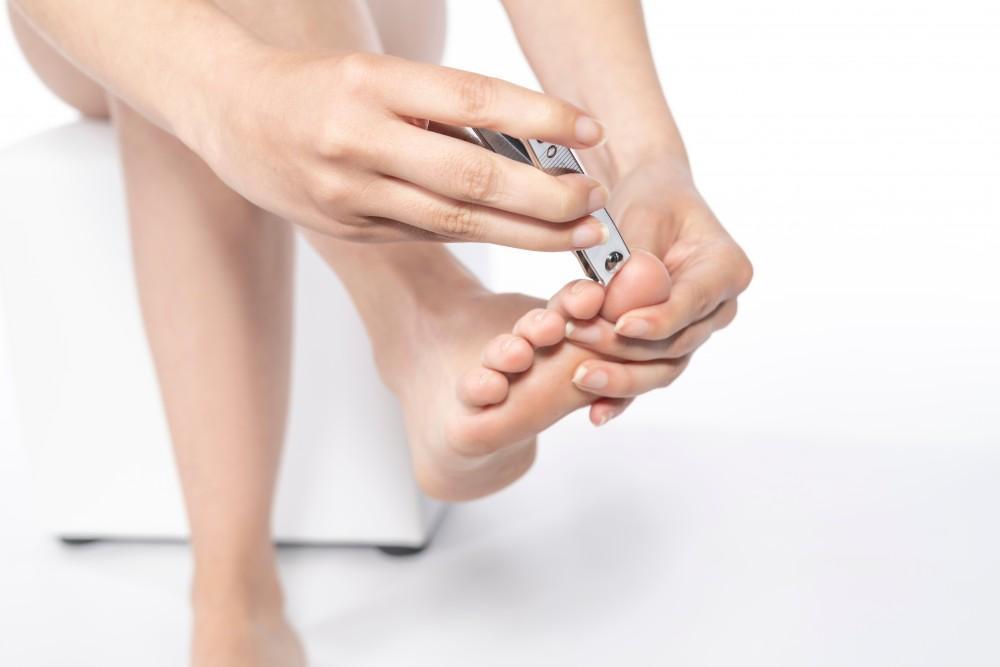
NOTICABLE SIGNS YOU MAY HAVE AN INGROWN TOENAIL
Our feet endure stress during most of the day as we accomplish daily activities. This may come from standing or walking for extended periods of time, and our feet will often tell us if something is amiss. One of these uncomfortable conditions is known as ingrown toenails, and this may often produce severe pain and discomfort. This occurs when the nail on the big toe begins to grow into the skin next to it. Reasons why this may occur may be from improperly trimming the toenails or wearing shoes that fit incorrectly. There are noticeable symptoms that typically accompany this condition, including redness and inflammation at the end of the toe, pain when pressure is applied, bleeding, or in severe cases, pus may drain from the affected area. Research has shown the importance in obtaining prompt treatment, which may avoid a painful infection. If you have developed an ingrown toenail, it is advised to consult with a podiatrist who can guide you to a correct course of action.
Ingrown toenails may initially present themselves as a minor discomfort, but they may progress into an infection in the skin without proper treatment. For more information about ingrown toenails, contact one of our podiatrists of Family Foot and Ankle Center of South Jersey. Our doctors can provide the care you need to keep you pain-free and on your feet.
Ingrown Toenails
Ingrown toenails are caused when the corner or side of a toenail grows into the soft flesh surrounding it. They often result in redness, swelling, pain, and in some cases, infection. This condition typically affects the big toe and may recur if it is not treated properly.
Causes
- Improper toenail trimming
- Genetics
- Improper shoe fitting
- Injury from pedicures or nail picking
- Abnormal gait
- Poor hygiene
You are more likely to develop an ingrown toenail if you are obese, have diabetes, arthritis, or have any fungal infection in your nails. Additionally, people who have foot or toe deformities are at a higher risk of developing an ingrown toenail.
Symptoms
Some symptoms of ingrown toenails are redness, swelling, and pain. In rare cases, there may be a yellowish drainage coming from the nail.
Treatment
Ignoring an ingrown toenail can have serious complications. Infections of the nail border can progress to a deeper soft-tissue infection, which can then turn into a bone infection. You should always speak with your podiatrist if you suspect you have an ingrown toenail, especially if you have diabetes or poor circulation.
If you have any questions, please feel free to contact our office located in Cherry Hill, NJ. We offer the newest diagnostic and treatment technologies for all your foot care needs.
You Might Also Enjoy...


5 Ways to Keep Your Bunion Pain to a Minimum

Gout: What Is It and How Can I Get Rid of It?

Complications of an Untreated Ankle Sprain

Suspect You’ve Broken Toe? How To Tell and What to Do


